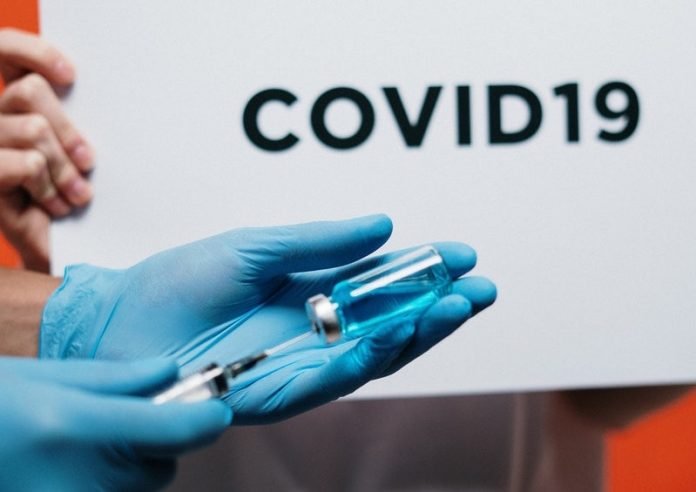
In a new paper, researchers suggest that although vaccines are being hailed as the solution to the COVID-19 pandemic, the vaccine trials currently underway are not designed to tell us if they will save lives.
The research was conducted by a team at BMJ.
Several COVID-19 vaccine trials are now in their most advanced (phase 3) stage, but what will it mean exactly when a vaccine is declared “effective”?
Many may assume that successful phase 3 studies will mean we have a proven way of keeping people from getting very sick and dying from COVID-19. And a robust way to interrupt viral transmission.
Yet the current phase 3 trials are not actually set up to prove either.
None of the trials currently underway are designed to detect a reduction in any serious outcome such as hospitalizations, intensive care use, or deaths.
Nor are the vaccines being studied to determine whether they can interrupt the transmission of the virus.
All ongoing phase 3 trials for which details have been released are evaluating mild, not severe, disease—and they will be able to report final results once around 150 participants develop symptoms.
The team argues that vaccine manufacturers have done little to dispel the notion that severe COVID-19 was what was being assessed.
Part of the reason may be numbers. Because most people with symptomatic COVID-19 infections experience only mild symptoms, even trials involving 30,000 or more patients would turn up relatively few cases of severe disease.
Another important issue is that few or perhaps none of the current vaccine trials appear to be designed to find out whether there is a benefit in the elderly, despite their obvious vulnerability to COVID-19.
If the frail elderly are not enrolled in vaccine trials in sufficient numbers to determine whether there is a reduction in cases in this population, there can be little basis for assuming any benefit against hospitalization or mortality.
The team says that we still have time to advocate for changes to ensure the ongoing trials address the questions that most need answering.
The paper is published in The BMJ.
Copyright © 2020 Knowridge Science Report. All rights reserved.



